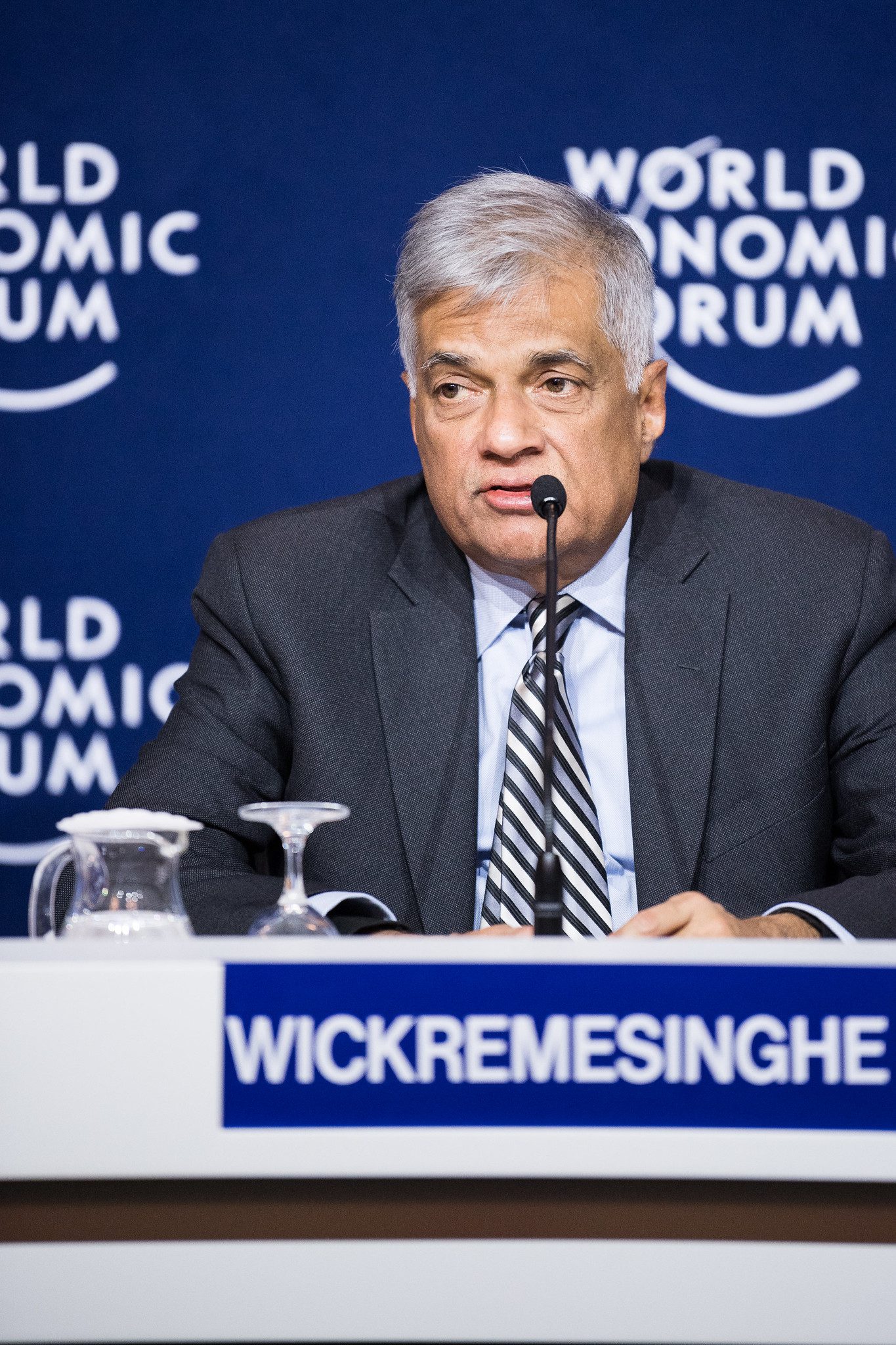
When Sri Lankans deposed former President Rajapaksa in early July, they hoped for a change that would lead them out of their ongoing misery. As we reported earlier, the election of Ranil Wickremesinghe—a close ally of the influential Rajapaksa family—was met with skepticism by protesters. For now, it appears such skepticism is deserved, since the planned agreement with the International Monetary Fund (IMF) to bail out the battered economy has been postponed until the beginning of September.
On July 20th, Wickremesinghe said in his first speech to parliament that negotiations with the IMF, hadn’t progressed since the outbreak of the protests. As such, he defined his first priority as restoring order. Shortly after being appointed president, Wickremesinghe declared a state of emergency, and empowered the military to dismantle protest camps and to arrest at least a dozen protest leaders. Wickremesinghe, a former six-time prime minister, also said that blaming the former leadership wouldn’t solve any problems. Instead, he promoted the formation of an all-party government.
Among the persecuted protesters are Catholic priests. As Vatican News reported, police have raided a church in the Sabaragamuwa province in search of a Catholic priest accused of being a leading figure in the protests. The priest, Fr. Amila Jeewantha Peiris, was banned from traveling and is wanted for “unlawful assembly and damage to public property.” An advisor of the Commission for Justice, Peace, and Preservation of the Creation of the Conference of the Superiors of the Order in Sri Lanka told Vatican News that Father Peiris is “facing repressions for his unwavering support of the struggle of the people.” The advisor, referred to as Fernando, called upon “Church leaders and others to raise their voice to support and protect him, as he had done for others.”
Earlier, the World Bank had turned down requests for further financial support. The World Bank said it had already diverted $160 million to provide Sri Lankans with the most urgent necessities, such as medicines and gas for cooking, but won’t give any more funds “until an adequate macroeconomic policy framework is in place.” For the World Bank this includes “deep structural reforms that focus on economic stabilization, and also on addressing the root structural causes that created this crisis.”
In the meantime, China has announced sending a ship capable of monitoring satellite, rocket, and intercontinental ballistic missile launches to dock at Hambantota harbor, a port leased by a Chinese company in 2017, for a duration of 99 years as a strategy for repaying Sri Lankan debt. The visit of the Chinese ship has raised a few eyebrows in neighboring India, causing worry that China might use the tumultuous situation in Sri Lanka to establish a military port in India’s backyard. While the Chinese government stresses that the scheduled visit won’t lead to “relevant parties interfering with normal and legitimate maritime activities,” it goes to show that the explosive situation in Sri Lanka is far from defused and might still lead to consequences expanding far beyond the borders of Sri Lanka.
